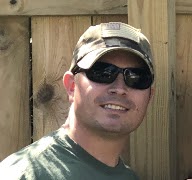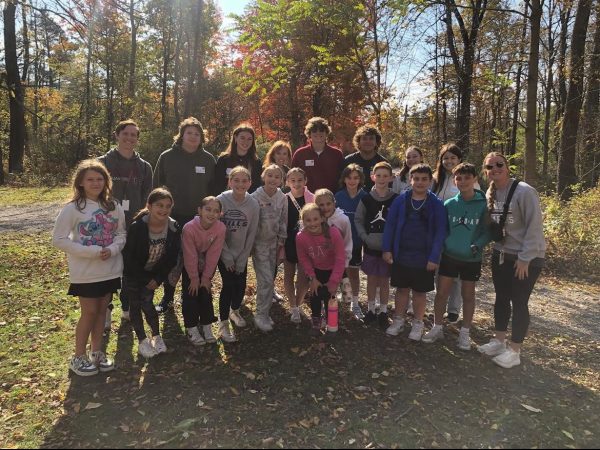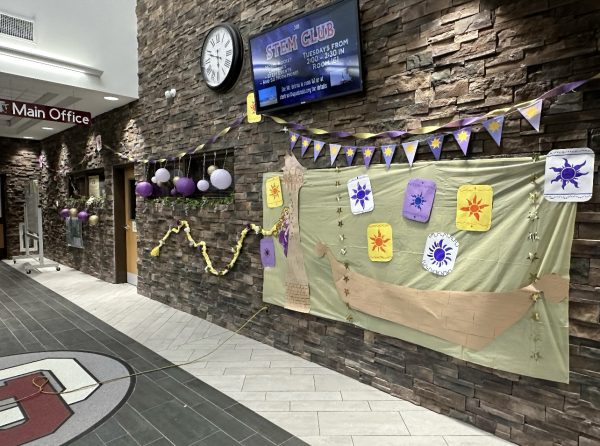The Truth about ICE

In recent months, law enforcement agents across the country have been faced with overwhelming amounts of pressure and scrutiny from the public eye. Every move they make seems to take center stage in the media, causing tension and nervousness across many agencies. As presidential administrations changed in January, immigration continued to be a hot topic, causing people to focus more on ICE agents. Many people don’t know what these federal agents actually do, so I scheduled a meeting with Jason Walker (JW), who has moved up in the ranks, creating a career for himself at ICE. I set out to discover what these agents actually do and how the current political climate is influencing their work.
What does ICE stand for?
JW: Immigration and customs enforcement
What made you want to start getting involved in law enforcement?
JW: I have always been interested in the law enforcement field, and when the opportunity arose, I knew I had to take it. My first job in law enforcement was as a New York State Corrections Officer, and I moved up from there. I have always wanted to make a difference, and I thought that this would be a great way to do so.
What steps did you have to take to become an ICE agent?
JW: I went to college at ECC and eventually applied for the job at USAJobs. In order to become an agent, I had to take a test and get a background check. They still do background checks on us every five years. In order to get the job that I am currently working at, I transferred from Customs and Border Protection.
What does your day-to-day schedule look like?
JW: I currently instruct and certify current ICE agents in defensive tactics, entry tactics, taser, use of force, vehicle assaults, as well as others. Before I was on the training team. I was a part of the Fugitive Operations Team, where I tracked down and arrested ICE fugitives. I like training better, because it’s safer, and I enjoy the teaching aspect of my job. On the days that we are training, I instruct courses and on other days we develop lesson plans for other courses. This is definitely a change from working on the field.
Do you think that safety is a concern for your field agents?
JW: Yes, safety is definitely a concern for field agents because you never know how a fugitive is going to react. Now a lot of our guys are scared to even defend themselves if they are in danger because they are scared of any repercussions they might face like getting fired. It is definitely a scary position to be in.
Do you feel like your making a difference by doing work as an ICE agent?
JW: Yes. I am an instructor and I make sure that everyone knows the laws, policies, and procedures that they must follow on the field. I think this is really important so everyone knows the proper decisions to make in the field. It is important for all of our guys to have proper training, especially with everything that is happening.
Do you think the work that you do is essential to the functioning of our society?
JW: Yes, I think what I do is important. Agents need to know how to respond in situations. It can save their life or someone else’s.
What do you think the most important thing that you do is?
JW: Making sure the agents are confident and knowledgeable in their field of expertise
Has the current political climate made your job harder?
JW: Yes, because it’s made to be a political job when it shouldn’t be. There is a difference in politics from one administration to the next and it makes our position as agents very hard. We are just trying to do our job, but different people want it done in different ways.
How does immigration policy passed by the federal government impact what you do?
JW: It varies between different administrations because they pick and choose the extent they want to enforce each law. Certain administrations choose to enforce laws and others choose not to enforce them.
Do you think it would be more beneficial for our country to have stricter or looser immigration laws and why?
JW: I think we should use the laws we have and enforce them by the books. A lot of politicians like to play games and want to enforce some loosely and others harshly, but we should just go by the books in order to get our job done.
How would someone who wants to get involved in law enforcement start?
JW: They should talk to a recruiter, look at USA jobs, and talk to the current or former employees in that field.
ICE agents have been facing an increased amount of pressure from politicians and from the public. Their job entails more than the public may expect and a lot of training goes into what they do.
To find out more information about ICE agents and their work, you can visit https://www.ice.gov/.




